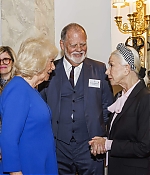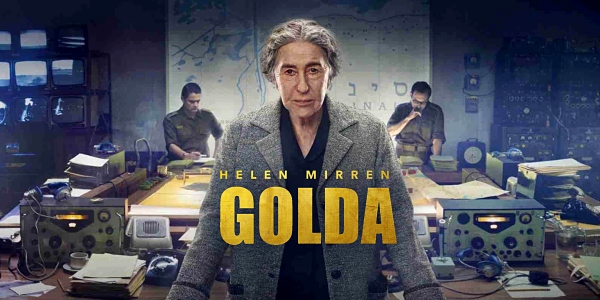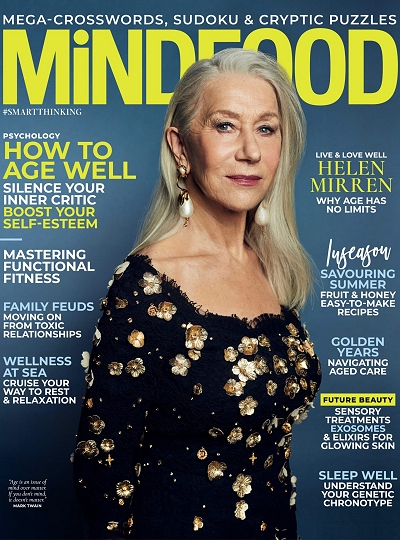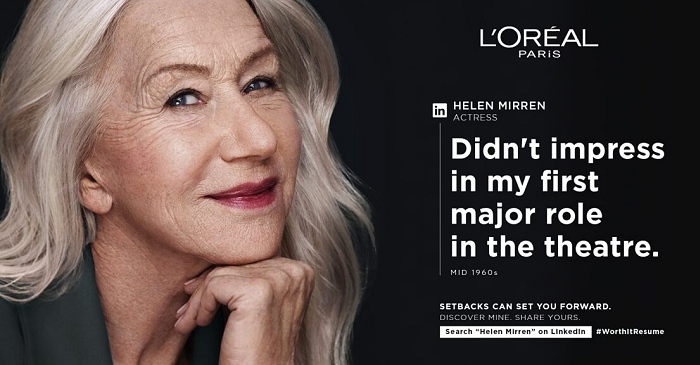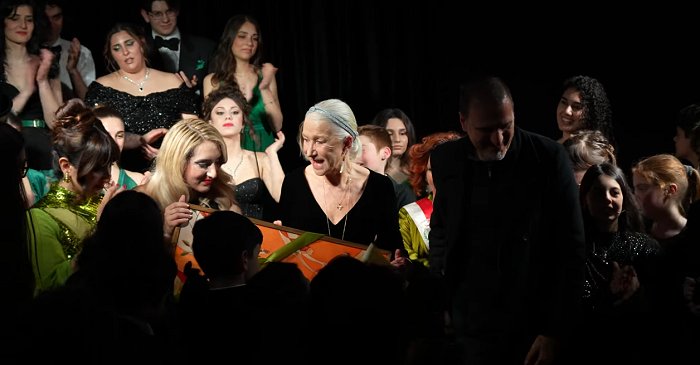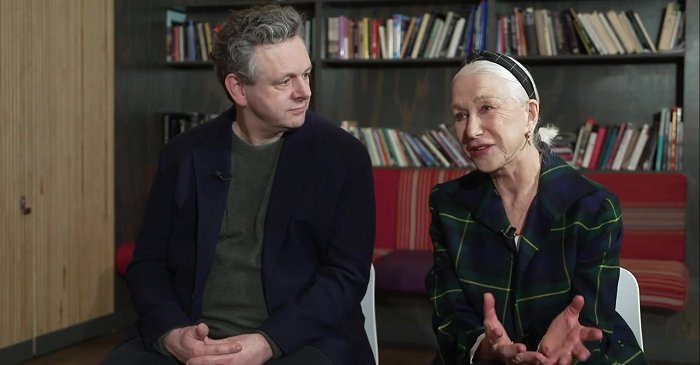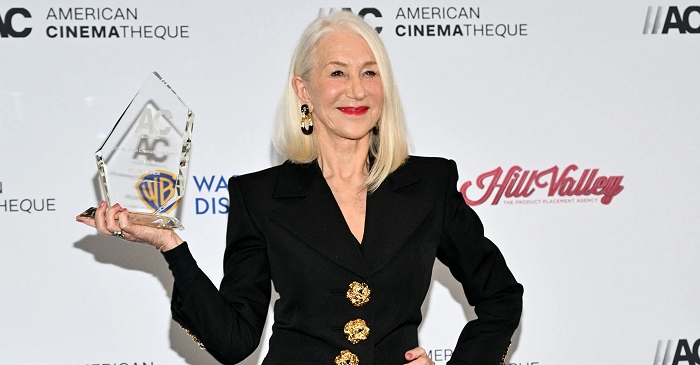
|
Welcome to The Helen Mirren Archives, your premiere web resource on the British actress. Best known for her performances with the Royal Shakespeare Company, "Prime
Suspect" and her Oscar-winning role in "The Queen", Helen Mirren is one of the world's most eminent actors today. This unofficial fansite provides you with all latest
news, photos and videos on her past and present projects. Enjoy your stay.
|
Celebrating
10 years
on the web
|
Russell Brand and Helen Mirren tell Mark Harris about the challenges of remaking an 1980s tale of a drunken millionaire during an era of recessionWHEN you get caught between the paparazzi and New York City, the best you can do is fall in line. So it is that the remake of the 1981 Dudley Moore-Liza Minnelli-John Gielgud comedy Arthur, filming this month in New York, has uncomplainingly put up with premature overexposure. Its star, Russell Brand, has already been photographed on one shooting day sprinting along the street in nothing but blue-and-purple briefs, and on another outfitted in a fully be-nippled 1997-style Batman costume. “It’s unbelievable,” says Helen Mirren, who is playing Gielgud’s role. “I’m just glad it’s a comedy because if I had to do dramatic acting with 30 cameras going off, it would be hopeless.”
It’s a lot of scrutiny for a delicate confection – a remake of a light farce about a constantly inebriated multi-millionaire who doesn’t want to sober up or grow up; Hobson, his acerbic butler-surrogate parent; and the working-class girl with whom he improbably falls in love. But if the fragile charms of Arthur, three decades later, feel hard to recapture, the team behind the remake, due for release next year, has come up with several shrewd twists, including changing Hobson’s gender and profession (from butler to nanny) and re-tailoring the title role to suit the lanky renegade swagger of Brand – who, unlike his predecessor, will never be called “pixie-ish” or “elfin”. Even so, certain elements remain the same: Arthur is still very rich and very drunk; and a lush, gilded version of New York City serves as his personal playpen. To add to the degree of difficulty, the movie’s creators are to some extent making it up as they go along. The Arthur script has gone through an unusual circular rewriting process.
It was drafted by Peter Baynham, who won an Oscar nomination for his work on the similarly rewritten-on-the-fly Borat. Baynham’s script then went to another writer, Jared Stern, for a structural polish. Last year Jason Winer signed on to make his feature directorial debut and rerouted the script to seven of his colleagues on the TV show Modern Family for a line-by-line dialogue tune-up. But in a movie business rarity the script was then returned to Baynham, who arrives on the set every day ready to rewrite. “Whatever makes the film better,” he says cheerfully, perching in a chair on 42nd Street. “You’d be crazy, as a writer, to have someone like Russell and not take the opportunity to revise and improve on the spot, given his improvisational skills.” On this day the cast and crew have assembled to shoot Arthur’s first encounter with his dream woman (Gerwig). In 1981 the character was a brassy shoplifter; today, she scams out-of-towners by conducting nonsense-filled walking tours. As Brand, bedecked in a Lincoln stovepipe hat, staggers up to her, kicking off each take with a different opening line, she quickly decides he’s a street crazy and incorporates him into her patter, comparing him in successive takes to Dylan Thomas, Willy Wonka and a cast member of the musical Grand Hotel. Baynham, listening for what works and what doesn’t, takes notes, refining their riffs into jokes for later takes, and Winer frequently springs from his chair to talk to the actors then returns to study the monitors. All of this is more controlled than it sounds. “It’s unlike most other film experiences, where you don’t change lines that much,” Mirren says. “But Russell isn’t a wild cannon. He has an incredible comedian’s brain but he pays attention to detail.”
The first film originally ended with Arthur giving up a nine-figure inheritance in exchange for wedded bliss. “We tested it, and it was clear the audience would have had our heads,” recalls Larry Brezner, that film’s presenting producer. A new ending was quickly shot in which Arthur lived not only happily but also wealthily ever after. Arthur opened modestly but grew into a hit, ultimately winning two Oscars (for Gielgud and the theme song) and nominations for Moore and writer-director Steve Gordon’s screenplay. But not everyone was a fan. “I just didn’t think a film about a drunken small guy was remotely funny,” Mirren says. “The reality about alcoholics is that they’re boring and tedious, and I’d spent enough nights in pubs with drunken boys to know it was not something I’d ever want to be caught up in. And I particularly objected to the way women were depicted – which was something I felt about most movies I saw back then – as kind of slave-enablers.” Winer shared some of Mirren’s concerns. “When I rewatched it, it was as delightful as I’d remembered, but the character never grows. At the end Arthur is just as drunk as he was at the beginning, and Liza Minnelli’s character essentially steps into the role of caretaker.”
As he, Brand and Baynham began to explore how a new Arthur might unfold, they found themselves in agreement about what had to go. “People’s attitudes about wealth have changed, and attitudes about alcohol have changed enormously,” says Brand, who became sober several years ago. Brand prepared for the part by watching WC Fields’ movies, James Stewart in The Philadelphia Story and Nicolas Cage in Leaving Las Vegas. And, of course, his predecessor. “Dudley’s performance was a brilliantly executed comedy drunk, and I have to be a lively, inventive drunk too,” Brand says. “But I’m also interested in playing him as a prince who thinks he has the whole world but who then falls in love and has to make a decision, because until now he’s outsourced his responsibility for making adult choices to another human being.” So the new Arthur will nod – non-stridently, the film-makers hope – towards an unintoxicated future for its hero and also tweak its tone to suit a moment in which the movie-going audience is disgusted rather than enthralled by the excesses of the overprivileged. (“Arthur, what do you say to people who criticise the way a rich man like you behaves in a recession?” a journalist asks him in Scene 1. “They have a fair point,” replies Arthur. “We must end this recession.”
But everyone involved is wary of doing too much tampering with what is, after all, a fairytale. “Modernisation is tricky,” Baynham says. “It’s easy to get gimmicky. You don’t want to fall into the trap of saying, ‘Look, he’s Arthur – but with an iPhone.”‘

